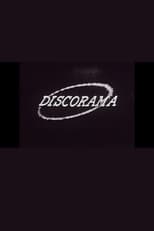
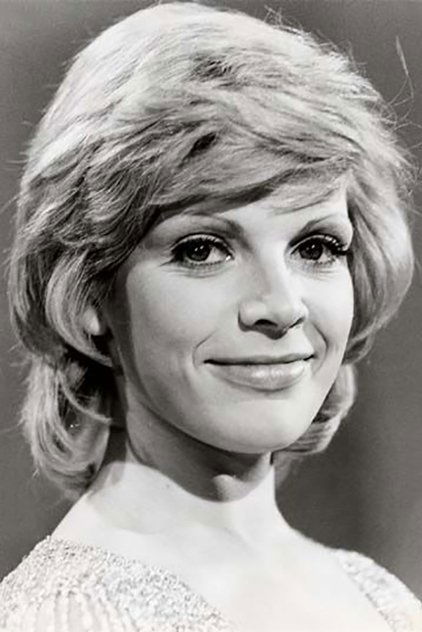
Séverine
Born: October 10, 1948
in Paris, France
in Paris, France
Séverine (born Josiane Grizeau; 10 October 1948) is a French singer.
Séverine won the Eurovision Song Contest in 1971 for Monaco, performing "Un banc, un arbre, une rue" (A bench, a tree, a street), with music by Jean-Pierre Bourtayre and words by Yves Dessca. It was recorded in English as "Chance in Time", in German as "Mach die Augen zu (und wünsch dir einen Traum)" and Italian as "Il posto". The original French version made #9 in the UK Singles Chart in May 1971, whereas the English version, released on CBS rather than Philips, did not chart. The song charted highly in most other European markets. Séverine had further success in France and Germany, but never again on an international scale.
Séverine made two further attempts at winning the Eurovision Song Contest, participating in the German national finals of 1975 and 1982. Neither song won. She accompanied Monaco's delegation to the Eurovision Song Contest 2006 in Athens, Greece.
Source: Article "Séverine (singer)" from Wikipedia in english, licensed under CC-BY-SA 3.0.
Séverine won the Eurovision Song Contest in 1971 for Monaco, performing "Un banc, un arbre, une rue" (A bench, a tree, a street), with music by Jean-Pierre Bourtayre and words by Yves Dessca. It was recorded in English as "Chance in Time", in German as "Mach die Augen zu (und wünsch dir einen Traum)" and Italian as "Il posto". The original French version made #9 in the UK Singles Chart in May 1971, whereas the English version, released on CBS rather than Philips, did not chart. The song charted highly in most other European markets. Séverine had further success in France and Germany, but never again on an international scale.
Séverine made two further attempts at winning the Eurovision Song Contest, participating in the German national finals of 1975 and 1982. Neither song won. She accompanied Monaco's delegation to the Eurovision Song Contest 2006 in Athens, Greece.
Source: Article "Séverine (singer)" from Wikipedia in english, licensed under CC-BY-SA 3.0.
Movies for Séverine...

Title: Tour d'Eurovision
Character: Self
Released: May 14, 2005
Type: Movie
Documentary about the first five decades of the Eurovision Song Contest


Title: Willkommen bei Carmen Nebel
Character: Self
Released: January 31, 2004
Type: TV

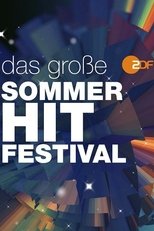




Title: Musik liegt in der Luft
Character: Self - Singer
Released: February 2, 1991
Type: TV

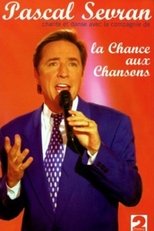



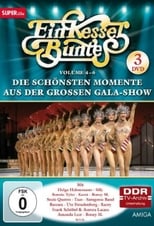
Title: A Kettle of Colour
Character: Self
Released: January 29, 1972
Type: TV
The show was meant to compete with those on West German television. To this end it was fairly successful even attracting a following in parts of West Germany which could receive Eastern TV. Its production values were high. Apart from song and dance numbers and appearances from East German celebrities, almost every broadcast featured well-known stars from the west, often after their popularity had peaked in their home countries.


Title: A Kettle of Colour
Character: Self - Musician
Released: January 29, 1972
Type: TV
The show was meant to compete with those on West German television. To this end it was fairly successful even attracting a following in parts of West Germany which could receive Eastern TV. Its production values were high. Apart from song and dance numbers and appearances from East German celebrities, almost every broadcast featured well-known stars from the west, often after their popularity had peaked in their home countries.

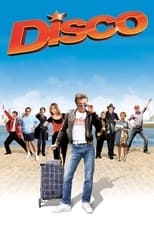
Title: Disco
Character: Self
Released: February 13, 1971
Type: TV
Disco was a pop music program that aired in Germany on the ZDF network from 1971 to 1982. It generally aired on the first Saturday of each month at 7:30PM, each show running 45 minutes. 133 shows were produced. The show was hosted by German actor and comedian Ilja Richter. Its lesser known predecessor on ZDF, 4-3-2-1 Hot & Sweet was aired between 1966 and 1970, presenters included Ilja Richter and Suzanne Doucet. Disco generally served a younger pop-oriented audience compared to ZDF's Hitparade, and until 1972, its main competitor was Beat-Club, followed by Musikladen, both on ARD.
Repeats of Disco have been aired since 1984 on ZDF Musikkanal, after its closedown in 1989 on 3sat. Since 2004, the digital ZDF Theaterkanal aired repeats of the entire series. In 2007, ZDF Dokukanal began to air reruns, starting with episodes from 1975 and also multiple repeats of the series have been shown on hit24 in 2008.
The show focussed on chart hits current at the time of airing, giving about equal airtime to international pop music and German Schlager. Despite its name, it did not particularly focus on disco music although it featured many disco hits as long as they were chart relevant..




Title: Die ZDF-Hitparade
Character: Self
Released: January 18, 1969
Type: TV
The ZDF-Hitparade, or Hitparade for short, by German TV channel ZDF, was one of the most popular and most well-known music television series presenting mostly German Schlager.







